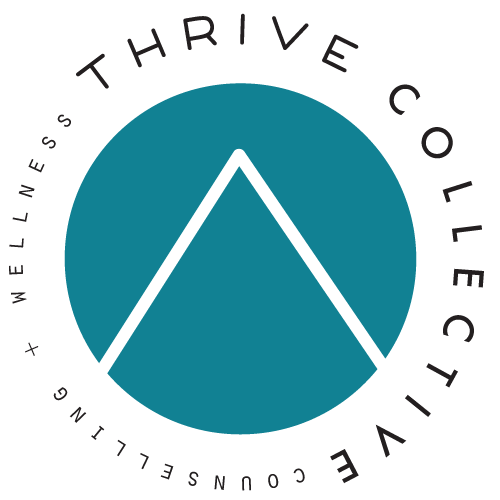Do you “feel Autistic”?
Do You “Feel Autistic”? What To Do To Get Answers
Do you ever wonder if you are autistic? Depending on what corner of the internet you hang out on, you might be seeing a lot of content about what it feels like to be on the spectrum. The sensory sensitivities, the communication challenges, the fatigue that “trying to act ‘normal’” can produce…does some of this ring true for you?
If it does…I feel you. I grew up as “the weird kid” who did not have any friends until I was 11 years old. From the first days of attending school, I was dismayed by how different I appeared to be from my classmates. The environment socially and sensorily overwhelmed me, and my poor mother had to physically drag me to school while I lay motionless on the floor. There were a few things I could do unusually well, but many seemingly simple tasks that I just could not accomplish, much to my humiliation. I spent each recess and lunch time hiding under the stairwells reading books alone. One of my favourite pastimes was to write stories about alien children who had to find their way back to space.
So…am I autistic? Technically, I do not know, but I have taken some steps to find clues. I’ll tell you what I did and what you can do too.
Why does it feel like “everyone is autistic now”?
In fact, more people across the planet are being diagnosed with autism than ever before. Now, this is probably not because more people than ever before are being born on the spectrum. Experts believe this increased “prevalence rate” is because our health care system and society as a whole is getting better at identifying autistic people. [Kv1]
You, as a person who is feeling curious about your own differences, reflect this general pattern of increasing awareness. So, what should you do about it?
How can you get diagnosed in BC?
Well, if you live in British Columbia, Canada, like me, getting an answer to your questions might prove difficult. Because there are relatively few qualified clinicians who diagnose adults with autism in our province, the waiting lists for a formal diagnosis are long. In fact, it can take years to be assessed and cost as much as $4-5K.
What free autism screening tools can you use?
A free alternative is using the resources on Embrace Autism. These include the RAADS-R, a “self-report questionnaire designed to identify adult autistics who ‘escape diagnosis’ due to a subclinical level presentation.” In other words, it’s designed for people who are good at pretending, or “masking”. This type of assessment can be especially helpful for women or people raised as women; they are typically socialized to be better at disguising their differences.
The bottom line
Online assessment tools may not be as reliable as a formal diagnostic process, but for many people, they are the only option. If you have lifelong struggles related to having differences from most of the people around you, you deserve support to better understand and accept yourself. A fantastic free resource like Embrace Autism is a great place to start getting that support.
Kristen van Vloten, a former practicum student at our office is the author of this blog. To learn more about our low cost student counselling program click here.
[Kv1]Link to: https://onlinelibrary.wiley.com/doi/full/10.1002/aur.2696
